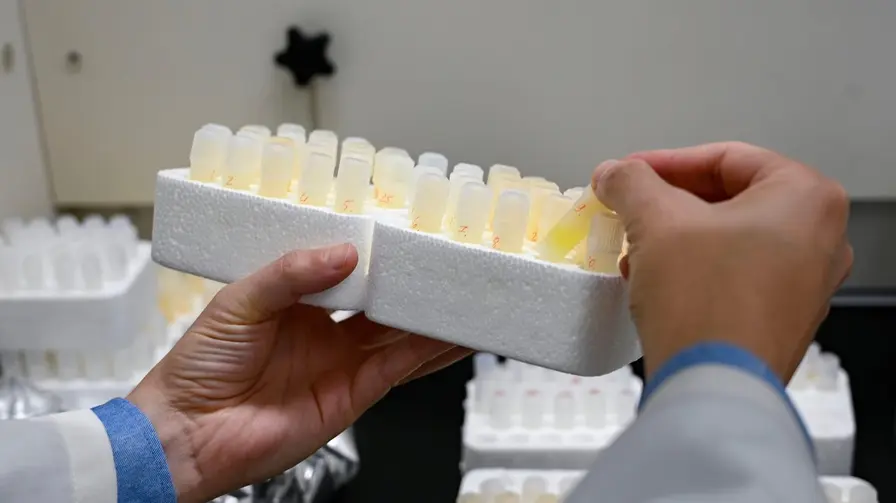T4K3.news
New study reveals lithium’s potential in treating Alzheimer’s
Research indicates lithium supplements may reverse cognitive decline in Alzheimer's patients.
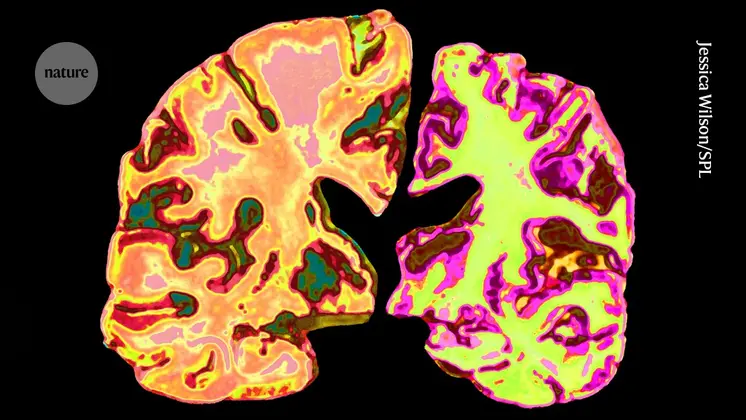
Recent research highlights the potential of lithium supplements in reversing Alzheimer’s symptoms.
Breakthrough study links lithium levels to Alzheimer’s recovery
A new study published in Nature reveals that restoring lithium levels in the brain can protect against and even reverse Alzheimer’s disease. Researchers discovered that lower lithium concentrations correlate with memory loss and the development of amyloid plaques and tau tangles, key features of Alzheimer's. Using mice, the team found that a specific type of lithium supplement, lithium orotate, effectively reversed neurological damage and improved memory. Prominent scientists acknowledge the study as a significant advancement, indicating that it addresses multiple aspects of Alzheimer's, unlike existing treatments.
Key Takeaways
"This is groundbreaking"
Ashley Bush, a neuroscientist, emphasizes the significance of the study's findings.
"We don’t yet have the penicillin for Alzheimer’s"
Bruce Yankner points out the need for effective treatments addressing all symptoms of the disease.
The findings of this study could reshape the landscape of Alzheimer’s treatment. Current therapies primarily target amyloid plaques, but they lack the ability to fully restore cognitive function. The historical use of lithium and its potential role in brain health could lead to innovative approaches in tackling Alzheimer's. As researchers push for clinical trials, the implications extend beyond individual health—broadening the scope of Alzheimer's care could impact the global millions affected by this disease.
Highlights
- Lithium withdrawal worsens with Alzheimer’s progression.
- This may redefine how we treat Alzheimer’s disease.
- Restoring lithium could unlock new treatments for dementia.
- Reversing memory loss is no longer just a dream.
Significant implications for Alzheimer’s treatment financial risks
This research could attract substantial investment but may also face backlash concerning the long-term effects of lithium treatments.
As research progresses, the possibility of a new Alzheimer’s treatment draws nearer.
Enjoyed this? Let your friends know!
Related News

New study reveals lithium's potential in Alzheimer’s treatment

New Harvard study reveals lithium could fight Alzheimer's

New study reveals lithium's potential role in Alzheimer's prevention
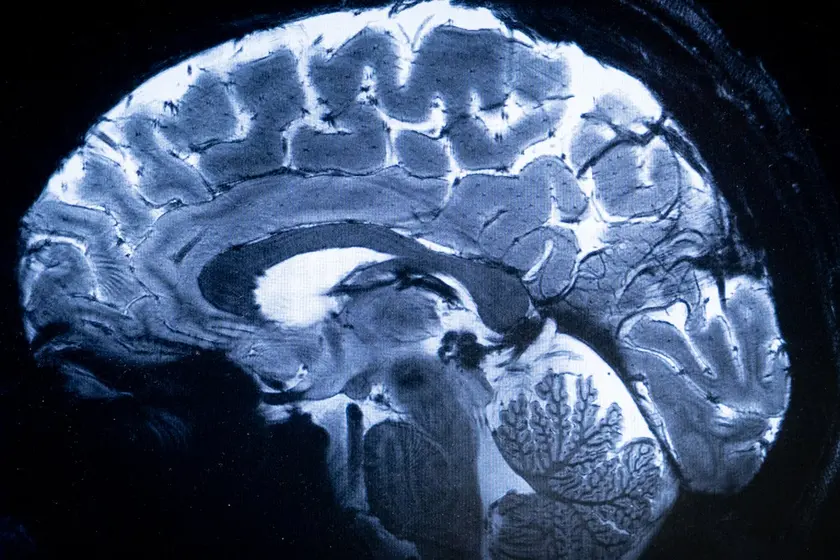
New study links lithium deficiency to Alzheimer's disease
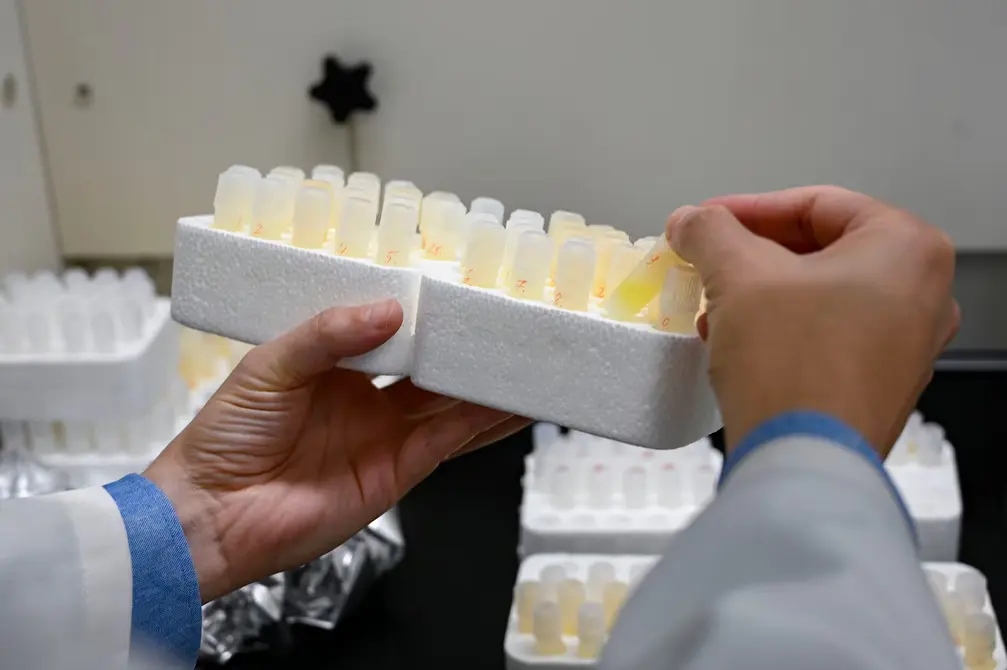
New study shows lithium may protect against cognitive decline
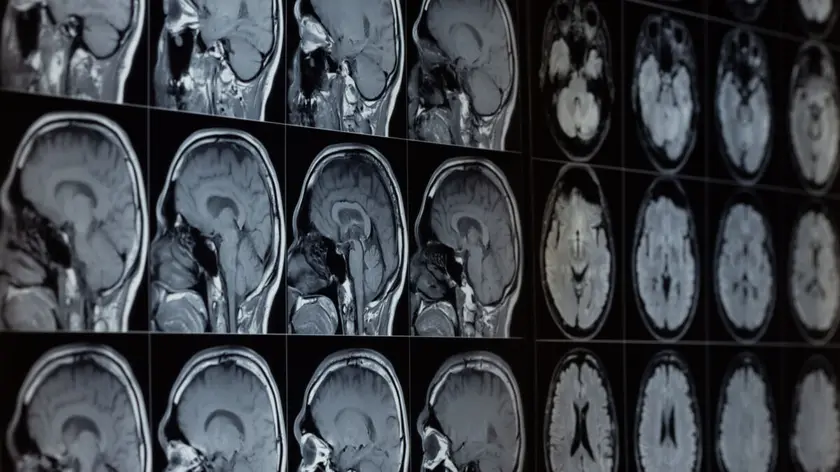
New study links lithium deficiency to Alzheimer's risk

Lithium shows potential for Alzheimer's treatment
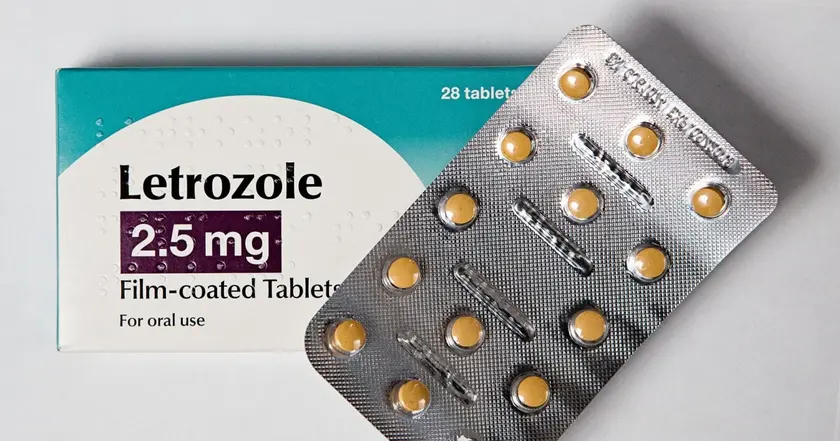
Emerging research links cancer drugs to Alzheimer’s treatment
